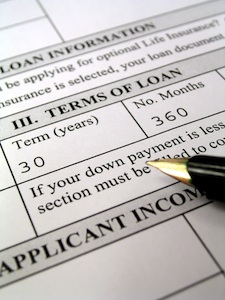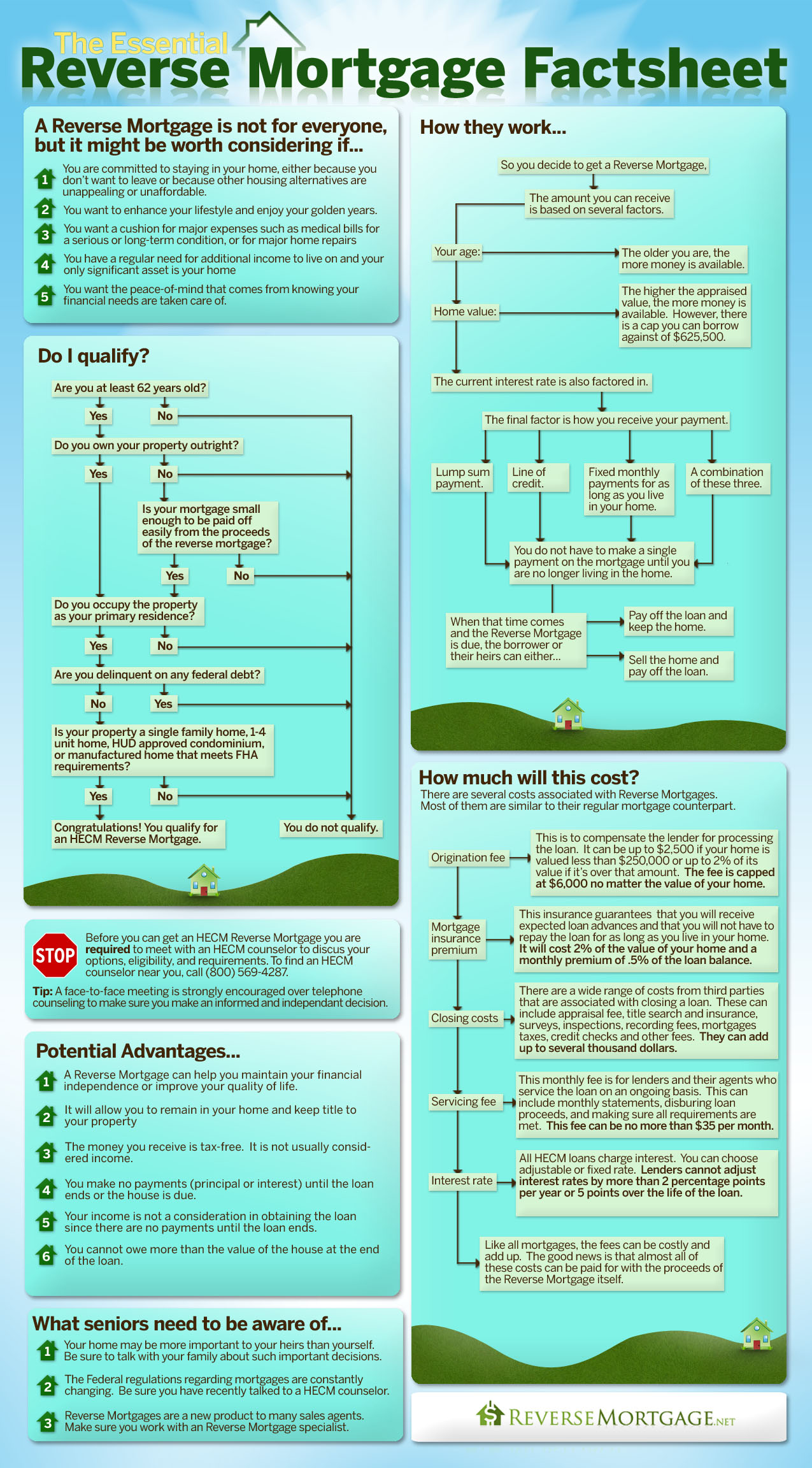Possibilities are, you've seen commercials boasting the benefits of a reverse home loan: "Let your house pay you a regular monthly dream retirement earnings!" Sounds fantastic, ideal? These claims make a reverse home loan noise almost too great to be real for senior property owners. However are they? Let's take a closer look. A reverse home mortgage is a kind of loan that uses your house equity to supply the funds for the loan itself.
It's basically a chance for Go to the website senior citizens to tap into the equity they have actually developed up over several years of paying their home loan and turn it into a loan on their own. A reverse home mortgage works like a routine mortgage in that you have to use and get approved for it by a lending institution.
But with a reverse home loan, you do not pay on your home's principal like you would with a routine mortgageyou take payments from the equity you've built. You see, the bank is lending you back the cash you've currently paid on your home however charging you interest at the same time.
Seems simple enough, right? However here comes the cringeworthy fact: If you die before you've offered your home, those you leave behind are stuck to two options. They can either pay off the full reverse mortgage and all the interest that's piled up throughout the years, or surrender your house to the bank.
Like other types of mortgages, there are various types of reverse mortgages. While they all essentially work the very same way, there are 3 main ones to understand about: The most typical reverse mortgage is the House Equity Conversion Home Loan (HECM). HECMs were created in 1988 to assist older Americans make ends fulfill by permitting them to use the equity of their homes without needing to leave.

The Single Strategy To Use For Which Banks Offer Buy To Let Mortgages
Some folks will use it to pay for costs, vacations, house remodellings and even to settle the staying quantity on their regular mortgagewhich is nuts! And the repercussions can be substantial. HECM loans are kept a tight leash by the Federal Housing Administration (FHA.) They do not desire you to default on your home mortgage, so since of that, you won't get approved for a reverse home mortgage if your home is worth more than a specific quantity.1 And if you do receive an HECM, you'll pay a large mortgage insurance coverage premium that safeguards the loan provider (not you) versus any losses - how do mortgages work in canada.
They're used up from privately owned or operated companies. And since they're not regulated or guaranteed by the federal government, they can draw homeowners in with pledges of greater loan amountsbut with the catch of much greater rates of interest than those federally guaranteed reverse home mortgages. They'll even offer reverse home mortgages that permit house owners to borrow more of their equity or consist of houses that go beyond the federal optimum quantity.
A single-purpose reverse mortgage is offered by government companies at the state and regional level, and by nonprofit groups too. It's a type of reverse home mortgage that puts rules and constraints on how you can utilize the cash from the loan. (So you can't invest it on an elegant getaway!) Usually, single-purpose reverse home mortgages can just be utilized to make home tax payments or spend for home repair work.
The important things to keep in mind is that the lending institution has to approve how the cash will be used before the loan is given the OK. These loans aren't federally guaranteed either, so loan providers do not need to charge home mortgage insurance coverage premiums. But because the cash from a single-purpose reverse home mortgage has to be utilized in a particular way, they're usually much smaller in their amount than HECM loans or proprietary reverse home mortgages.
Own a paid-off (or a minimum of significantly paid-down) house. Have this house as your primary house. Owe no federal debts. Have the capital to continue paying residential or commercial property taxes, HOA charges, insurance, maintenance and other house expenditures. And it's not just you that has to qualifyyour home also has to fulfill particular requirements.
How To Compare Lenders For Mortgages - The Facts
The HECM program also enables reverse home loans on condominiums approved by the Department of Real Estate and Urban Development. Before you go and sign the documents on a reverse home mortgage, examine out these 4 major drawbacks: You may be thinking of taking out a reverse mortgage due to the fact that you feel positive loaning versus your house.
Let's break it down like this: Picture having $100 in the bank, however when you go to withdraw that $100 in cash, the bank just offers you $60and they charge you interest on that $60 from the $40 they keep. If you wouldn't take that "offer" from the bank, why in the world would you desire to do it with your house you've spent decades paying a mortgage on? But that's exactly what a reverse home loan does.
Why? Due to the fact that there are costs to pay, which leads us to our next point. Reverse home mortgages are packed with additional costs. And the majority of debtors choose to pay these fees with the loan they will getinstead of paying them expense. The thing Click for info is, this expenses you more in the long run! Lenders can charge up to 2% of a home's worth in an paid up front.
So on a $200,000 house, that's a $1,000 annual expense after you've paid $4,000 upfront of course!$14 on a reverse mortgage are like those for a regular mortgage and consist of things like house appraisals, credit checks and processing costs. So before you know it, you've sucked out thousands from your reverse home loan prior to you even see the very first penny! And considering that a reverse home loan is only letting you use a percentage the value of your house anyhow, what happens once you reach that limitation? The cash stops.
So the amount of money you owe increases every year, every month and every day up until the loan is settled. The marketers promoting reverse home mortgages love to spin the old line: "You will never ever owe more than your house is worth!" However that's not precisely true due to the fact that of those high interest rates.
The Buzz on Who Owns Bank Of America Mortgages
Let's state you live till you're 87. When you pass away, your estate owes $338,635 on your $200,000 house. So rather of having a paid-for home to pass on to your liked ones after you're gone, they'll be stuck with a $238,635 bill. Possibilities are they'll need to offer the home in order to settle the loan's balance with the bank if they can't pay for to pay http://louisyxjc597.timeforchangecounselling.com/h1-style-clear-both-id-content-section-0-all-about-how-is-lending-tree-for-mortgages-h1 it.
If you're spending more than 25% of your earnings on taxes, HOA costs, and family bills, that implies you're house bad. Reach out to one of our Endorsed Regional Companies and they'll assist you navigate your options. If a reverse home loan lender tells you, "You will not lose your house," they're not being straight with you.
Consider the factors you were considering getting a reverse mortgage in the very first location: Your budget is too tight, you can't afford your daily bills, and you do not have anywhere else to turn for some extra cash. Suddenly, you've drawn that last reverse home mortgage payment, and then the next tax bill happens.
